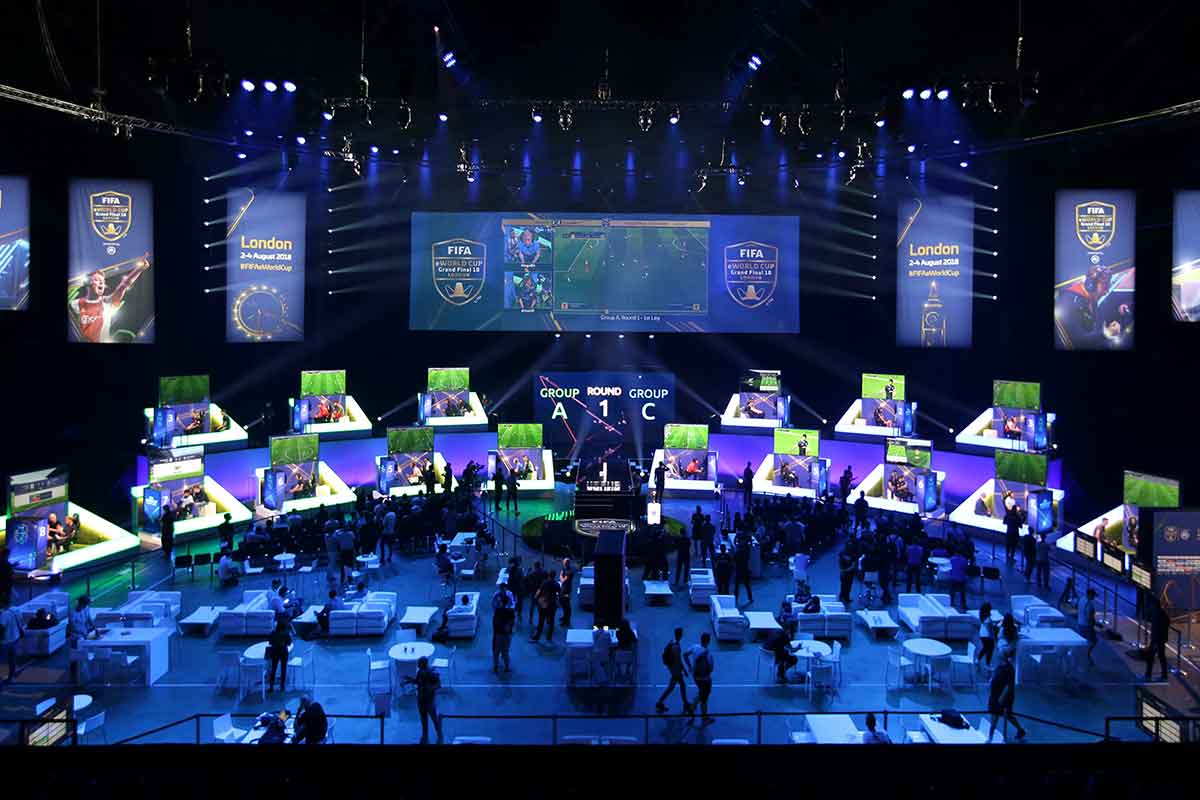Poring over books in order to ace an important exam and land a place at a reputable university was once considered the only avenue to a high paying job and subsequently a comfortable life. Video games were mere distractions to that goal. However, the days of getting chastised for prioritising video games over one’s school books are over.
Video games can and has turned many people into millionaires and even multi-millionaires. What more, you would be doing what you love to do and have already been doing so ever since you could grip a console or a computer mouse with your hands.
The best example of this is Malaysian gamer Yap "xNova" Jian Wei. He and his team recently won a whopping US$4.1 million pay-out after winning second place at The International 8 – the world’s largest DOTA 2 tournament.
E-sports refers to competitive gaming at a professional level, involving multiplayer videogames. Competitors usually play in teams or as individuals and the price pool of e-sports competitions can reach up to a staggering US$20 million. Globally, the e-sports industry is slated to be worth US$1 billion in 2018 and is projected to reach a combined revenue of US$2.3 billion by 2022.
The types of games played are usually first-person shooter titles like Counter Strike and Overwatch and multiplayer online battle arena (MOBA) games, like League of Legends and Defense of the Ancients 2 (DOTA 2). These games involve more tactical acumen and teamwork in the overall gameplay. Besides that, sports simulation games like EA Sports’ FIFA gaming series is also extremely popular.
 Source: Various
Source: Various
Southeast Asia e-sports scene
According to the latest data, Southeast Asia is home to upwards of nine million e-sports enthusiasts. This number is expected to grow at a compound annual growth rate (CAGR) of 36.1 percent between 2015 and 2019 reaching 19.8 million. The audience for e-sports is also expected to exceed 40 million by 2019.
Indonesia, Malaysia, the Philippines, Singapore, Thailand, and Vietnam remain key e-sports players in Southeast Asia. These six countries alone account for almost 98 percent of the total number of e-sports enthusiasts in the region.
E-sports is already gaining attention from the governments of Association of Southeast Asian Nations (ASEAN) member countries. The Malaysian Sports Council at the end of last year, set up a new unit specifically to develop and grow the Malaysian e-sports scene. Further south in Singapore, plans are already in motion for an inaugural ASEAN-wide e-sports competition to be held this year which looks to draw e-sporting teams from all over the region. One of the reasons for governmental awareness of the e-sports industry is the probable inclusion of e-sports as a medal event in the upcoming 2022 Asian Games.
A bright future ahead
The ASEAN region holds immense potential for e-sports – whether it is in terms of teams, advertising revenue, business opportunities or viewership. Given that countries in this region are vastly diverse – in language, culture, economy and business practices – there is still plenty to be done in order to fully develop the regional e-sports ecosystem.
Some of the areas to look into is improving access to high quality internet connectivity. Lag, which refers to stifling internet connections, is a four-letter word in this industry. There can’t be substantial progress in the industry if burgeoning players can’t hone their skills properly. Moreover, the growing prominence of home based competitive gaming – where players sit in the comfort of their homes while competing in e-sports tournaments – cannot be fully harnessed with lacklustre internet speeds.
There needs to be proper regulation so that e-sports can be taken seriously as a professional sporting industry. While elements of this does exist in the region, its needs to be ramped up even more and harmonised at a regional level. Only then, can funders and financial backers be attracted. A regulated environment will also invite chances for lucrative e-sporting leagues to be formed and with enough financial support, the region might even become a leader in e-sports on this side of the world, outranking the likes of established players like China, South Korea and Japan.
This article was first published by The ASEAN Post on 7 April 2018 and has been updated to reflect the latest data.
Related articles:
Gaming is taking over Southeast Asia
Singapore's oldest telco has plans for millennials
32nd ASEAN Summit Update: Lee presents vision for resilient and innovative ASEAN
